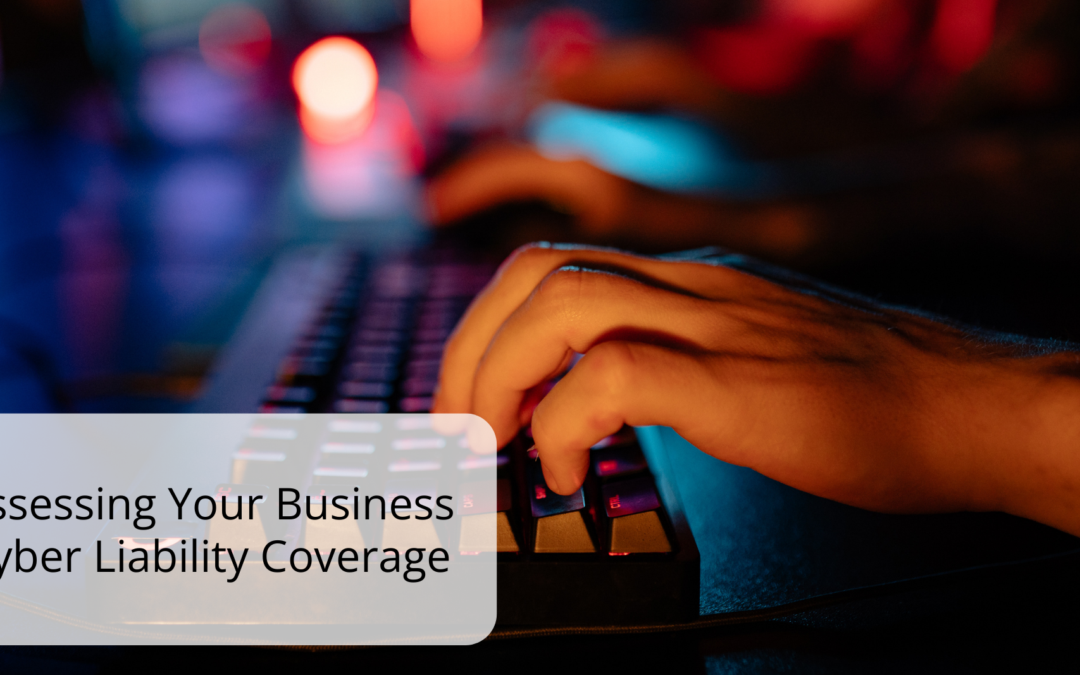In an era where digital operations are the backbone of most industries, the conversation around data security has shifted. It is no longer just a concern for major corporations; businesses of all sizes often find themselves navigating a landscape of digital risks. While technological safeguards are a primary line of defense, Cyber Liability insurance serves as a financial framework that can help a business manage the aftermath of a digital incident.
Determining whether a business carries a suitable amount of coverage often involves a look at both the current threat landscape and the specific nature of the company’s data.
What Cyber Liability May Include
Cyber insurance is not a one-size-fits-all product. Policies typically vary, but they often assist with two main categories of costs:
- First-Party Expenses: These may include the costs of notifying affected customers, conducting a forensic investigation to find the source of a breach, and public relations efforts to manage the company’s reputation.
- Third-Party Expenses: If a business is held liable for a client’s data loss, these coverages may assist with legal defense costs, settlements, or regulatory fines.
Because policies can be structured in many ways, it may be helpful to review whether a specific policy addresses common modern risks like ransomware, business email compromise, or data restoration costs.
Factors Influencing Coverage Decisions
There is no “standard” amount of cyber insurance that fits every organization. Instead, many business owners choose to evaluate their risk profile based on several key factors:
- Volume and Sensitivity of Data: A business that stores thousands of credit card numbers or sensitive health records may face a different risk profile than a business that only stores basic contact information.
- Industry Regulations: Certain sectors, such as healthcare or finance, are subject to strict data privacy laws. In these cases, the potential cost of regulatory non-compliance can be a major factor in choosing coverage limits.
- Business Interruption: If a cyber incident causes a total halt in operations, the resulting loss of income can sometimes exceed the cost of the breach itself. Some policies may include options to help replace lost income during a recovery period.
- Vendor Requirements: Many modern contracts require a business to carry a specific limit of cyber insurance before a partnership can begin.
Common Misconceptions About Digital Risk
A common hurdle in risk management is the belief that standard General Liability insurance or basic property coverage will address cyber-related losses. In many cases, traditional policies have specific exclusions for digital data, as data is often not considered “tangible property.”
Furthermore, while robust IT security is a critical investment, it is not a guarantee of total protection. Many incidents are the result of human error, such as a lost laptop or a successful phishing attempt, rather than a failure of firewalls. Cyber Liability insurance is designed to work in tandem with, not instead of, a strong security posture.
Evaluating Your Strategy
As a business grows, its digital footprint naturally expands. A coverage limit that felt appropriate a few years ago may no longer align with the current scale of the company’s operations.
Assisting business owners in understanding these variables is a key part of the insurance process. An independent agent can provide information about various policy options and help review how different limits might apply to your specific industry. Ultimately, the decision on how much risk to transfer to an insurance provider and how much to retain lies with the business owner, based on their comfort level and financial goals.
Disclaimer: The information provided in this article is for educational purposes only. It does not constitute legal or professional advice. Coverage options, limits, and availability vary by state, insurance provider, and individual policy terms. All claims are subject to the specific terms, conditions, and exclusions of the policy in force at the time of the loss. It is important to consult with a qualified insurance professional for advice tailored to your specific business circumstances.

